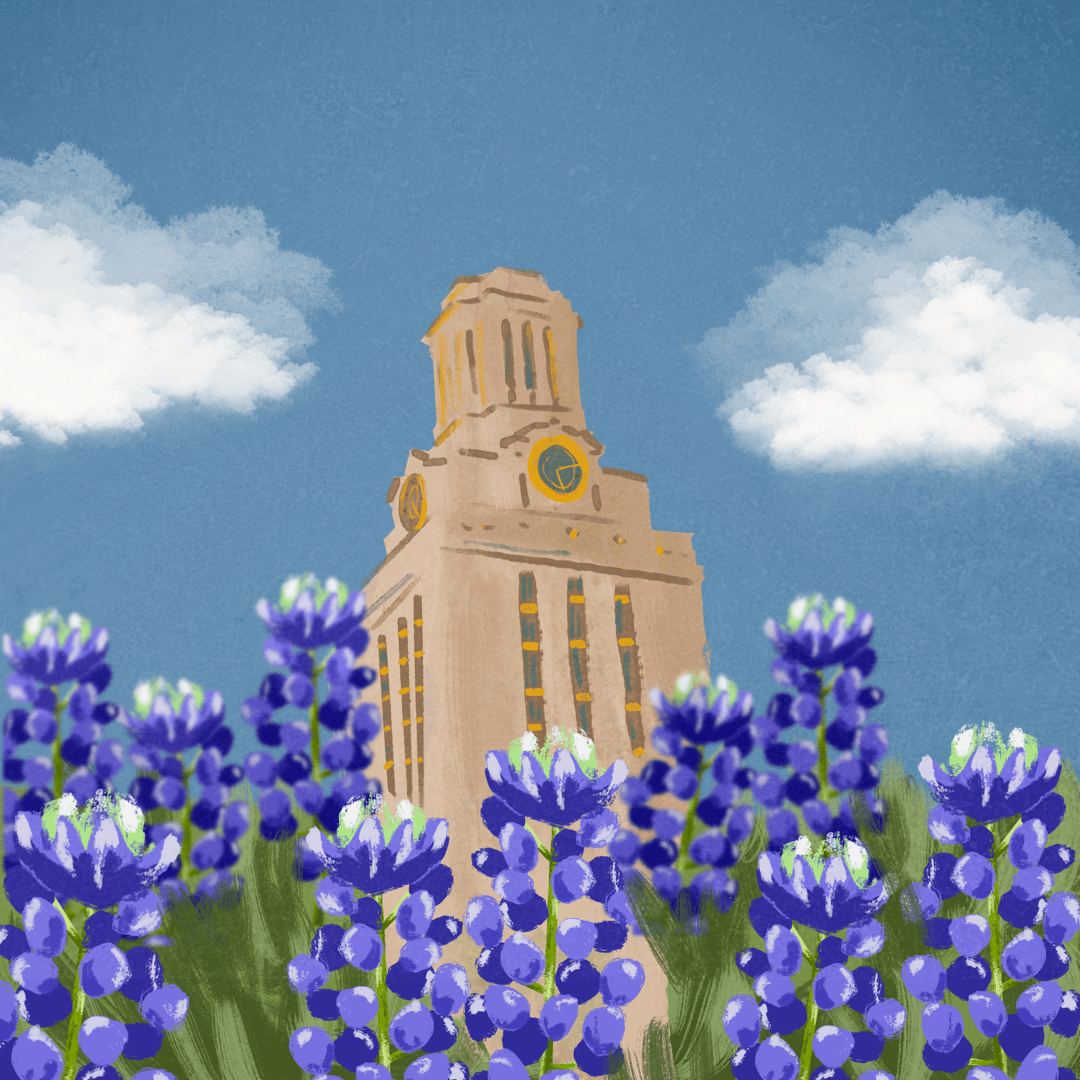Editor’s note: This column was submitted to the Texan by a member of the UT community.
On a campus with more than 50,000 undergraduate students, it is easy to feel lost in the crowd. It is even easier when you are a first-generation college student.
Stepping onto campus, to say I was overwhelmed is an understatement. I had done well in high school and figured college would be the same. I was then thoroughly humbled by my first college exam. Suddenly, all confidence I had was gone, and the imposter syndrome set in. It felt like everyone around me knew what they were doing, and I was the only person struggling.
Unlike a lot of my peers, I didn’t have someone that I could talk to about my experience. My parents never went to college. They couldn’t understand why I was so stressed about finals or why office hours were important. They would ask “Como estás mija?” (How are you, dear?) When I tried to explain my situation, all they could say was “échale ganas,” which means “give it your all.”
What they didn’t understand was that I was already giving it my all, and I felt like it wasn’t enough. At the time, I didn’t know about the Sanger Learning Center or that I could email my TA. Even if I’d known, I was too embarrassed to ask for help. I didn’t want to be the only person who could not keep up. So, I didn’t ask for help and continued to struggle.
It wasn’t until I attended a social event hosted by First Gen Equity that I realized I wasn’t alone. I sat with other first-gen students and just talked. For those 2 hours, I finally felt like I belonged at UT. Being a Longhorn, and especially a first-gen Longhorn, is about finding strength through community. Could I have eventually figured it out on my own? Maybe, but it wouldn’t have been the same. Without a community, going at it alone, I would’ve felt nervous and embarrassed but with people who share my experiences, I know I have support in my struggles.
Finding your community, whether it is a book club or a recreational sports team, is a fantastic way to make friends and connections. UT is big, but instead of being intimidated, rest assured that there are hundreds of students who feel just like you, and you are not alone. 23% of UT Austin’s student population is first-gen, so while it is easy to feel isolated, first-gen students are everywhere on campus. We are one of the largest identity groups at UT. I am grateful and proud to attend a university where there are many people like me, just students trying to better themselves and their families.
Now, working at First Gen Equity, I help students who are just like I once was, nervous and scared about not belonging. We offer many different services, including those social events I mentioned earlier, for first-gen students who do not know where to look or even what question to ask. UT says that ‘what starts here changes the world.’ Changing the world means that we change ourselves, learning to adapt to unfamiliar places without losing touch with our local communities and personal identities. First-gen students can change the world, and we can change UT, if we have the mutual support of our fellow students and institutional support from organizations like First Gen Equity.
Piedra Castillo is a government junior from Carthage, TX. She also works for First-Gen Equity as a transition and success coach and social event planner.









